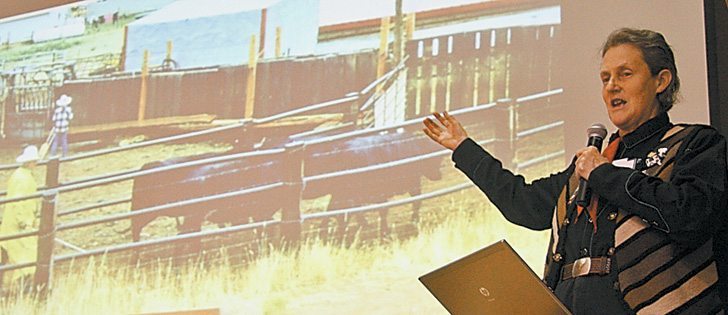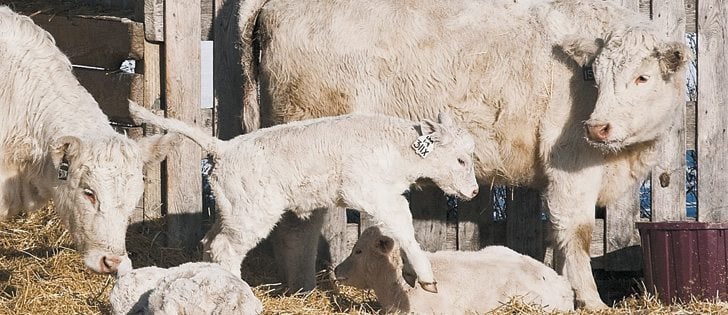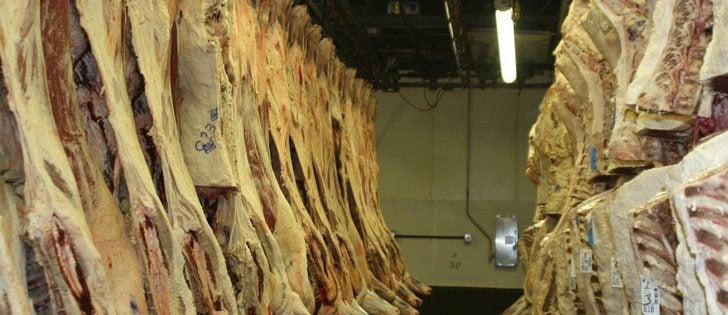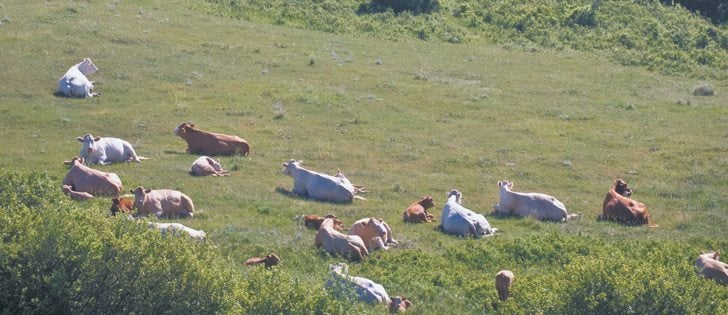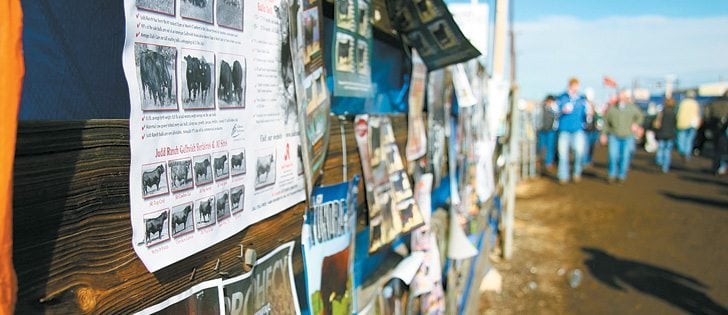Manitoba’s livestock industry would have had an independent voice to deal with public concerns about livestock transport accidents if the Manitoba Farm Animal Council still existed, says the council’s former executive director.
Two trailers transporting hogs rolled over in Manitoba in the last month, one west of Brandon May 8 and another near Manitou May 24. According to witnesses at the scene of the accident on the Trans-Canada Highway near Brandon, dozens of hogs died and many others suffered broken bones when the truck rolled into a median.
Read Also

Petition launched over grazing lease controversy
Battle continues between the need for generation of tax revenue from irrigation and the preservation of native grasslands in southern Alberta rural municipality.
A number of hogs died in a crash near Manitou when the driver of the semi-trailer lost control. The truck rolled into a ditch on Highway 244.
Shanyn Silinski, who farms near La Broquerie, Man., said these kinds of accidents are bound to happen because thousands of hogs are transported on Manitoba roads each day.
However, the average meat consumer in Manitoba knows little about accident prevention or response to livestock incidents because the farm animal council isn’t around to provide the information.
“You have commodity groups or organizations that serve commodities like trucking companies, that are afraid of … a change in public image or afraid of the media,” said Silinski, who ran MFAC before it disbanded in 2010.
“The only thing the public knows is that trailers rolled over. Whether they are cows hitting a train by Brandon or hogs rolling over, they (the public) don’t know any of the things going on because no one tells them.”
Silinski said MFAC advocated for farm animals on issues such as transport and welfare in barns.
“We have lost a voice for farm animals in the province,” she said.
“The national farm animal council doesn’t deal with these types of local issues.”
The MFAC board decided to disband the council in May 2010 after commodity groups, which funded the organization, concluded they could do a better job of encouraging and promoting animal welfare practices on their own.
After MFAC’s demise, the Manitoba Pork Council hired its own animal care specialist to deal with pig welfare issues.
It was useful to have a quasi-independent body advocating for farm animals, but it’s unlikely a new version of MFAC will emerge anytime soon, said Cam Dahl, general manager of Manitoba Beef Producers.
“The first iteration of that in Manitoba didn’t have a happy ending. I don’t know all the details… (but) I think some of those wounds are still a little too fresh to talk about reviving the farm animal council.”
Nonetheless, Silinski said she hopes livestock producers in Manitoba come together to develop a new form of a farm animal council. Ideally, livestock commodity groups would have a say but wouldn’t control the council because a measure of independence is critical for public credibility, she said.
“I really don’t have a voice that can speak up, you have no way to get people to listen to you.”
In the meantime, Silinski is developing a smart phone and tablet application to assist police and other first responders who arrive at a livestock transport accident.
The application would serve as a how-to for first responders, answering questions on how to deal with pigs, cattle, sheep and chickens at the scene or before officers arrive at an accident.
“So they could make a decision about what needed to be done or what resources needed to be called,” said Silinski, who has shown a mockup of the app to police officers.
“There was a lot of interest on their part because most of them don’t get that information until they’re knee deep in it.”




